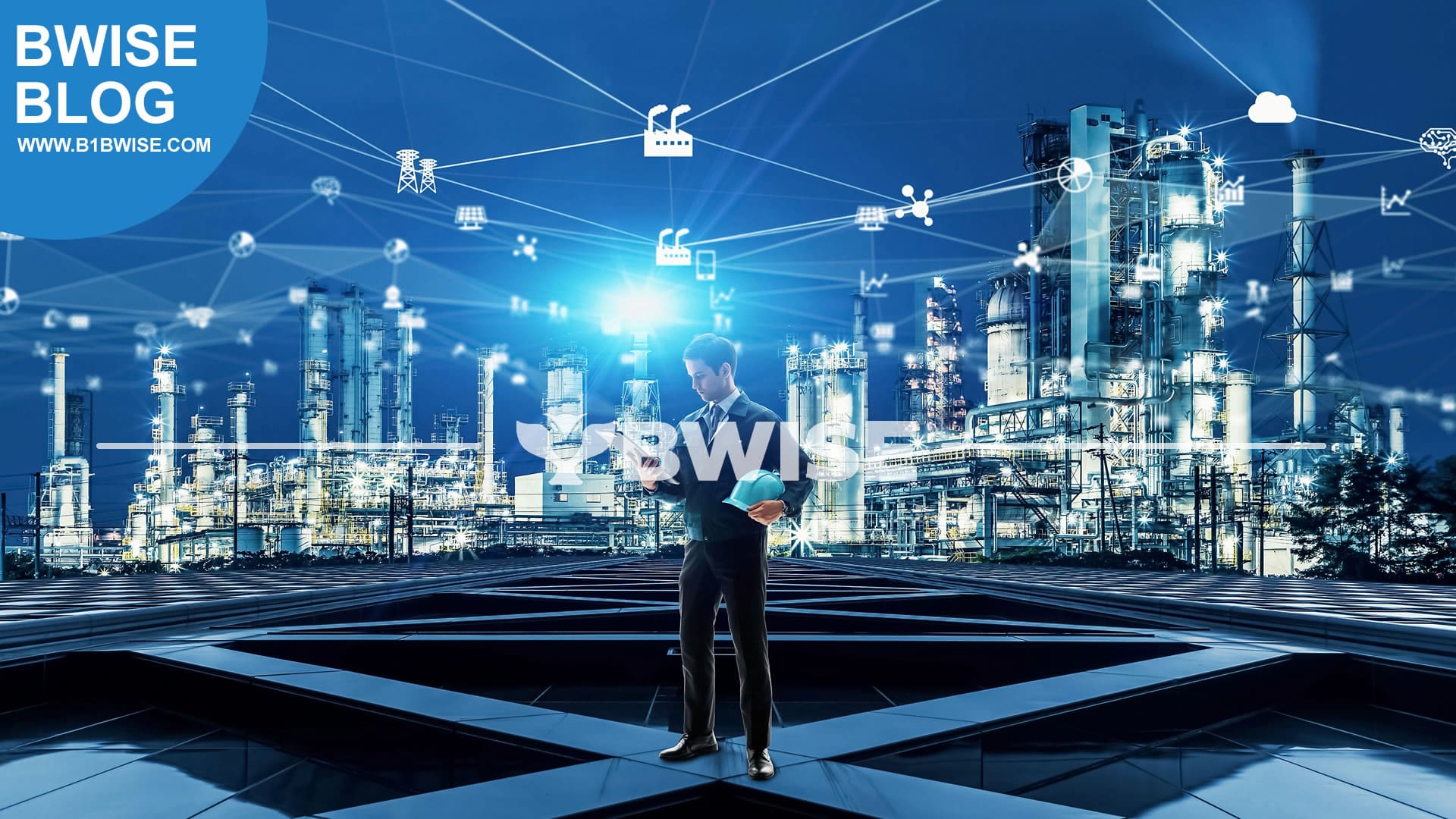
Predictive Analytics: Forecasting the Future
The modern supply chain is a complex web of interconnected nodes, vulnerable to disruptions ranging from natural disasters to geopolitical shifts. Businesses increasingly turn to AI-Driven Supply Chains, leveraging the power of artificial intelligence (AI) and machine learning (ML). These technologies revolutionize logistics by providing unprecedented visibility, agility, and resilience.
One key area of innovation is predictive analytics. By analyzing historical data, identifying patterns, and forecasting future trends, we can anticipate potential disruptions, such as demand fluctuations, supply shortages, and transportation delays. This proactive approach allows businesses to adjust their strategies in real-time, minimizing the impact of unforeseen events and ensuring the smooth flow of goods.
For example, AI can predict a sudden surge in demand, enabling businesses to ramp up production proactively, secure necessary raw materials, and ensure adequate staffing levels. Similarly, AI can identify potential supply chain disruptions, such as natural disasters impacting key suppliers or geopolitical crises disrupting trade routes, allowing businesses to explore alternative sourcing options, negotiate with existing suppliers, or adjust their product offerings.
Furthermore, AI can analyze real-time data on traffic, weather, and other relevant factors to predict potential transportation delays. This data allows for proactive rerouting of shipments, ensuring timely deliveries and minimizing disruptions to the overall supply chain.
Key AI-Driven Innovations in Predictive Analytics
- Demand Forecasting: AI-powered tools that predict future demand with high accuracy, enabling businesses to optimize production, inventory levels, and resource allocation.
- Risk Management: Predictive analytics platforms that identify and assess potential risks, such as supply chain disruptions, natural disasters, and geopolitical instability.
- Route Optimization: AI-powered software optimizes delivery routes, considering factors like traffic, weather, and driver availability to minimize costs and improve efficiency.
By embracing AI-powered predictive analytics, businesses can gain a significant competitive advantage by proactively mitigating risks, optimizing operations, and ensuring the smooth and efficient flow of goods across the supply chain.
Optimizing Operations with Machine Learning
Machine learning (ML) is another crucial component of AI-driven supply Chains, empowering businesses with powerful optimization tools. By analyzing vast datasets, ML algorithms can identify the most efficient routes, optimize inventory levels, and streamline warehouse operations.
- Route Optimization: Beyond simply predicting delays, ML algorithms can dynamically optimize delivery routes based on real-time factors like traffic conditions, weather patterns, and even driver availability. This optimization reduces fuel costs, minimizes delivery times, improves driver satisfaction, and reduces vehicle wear and tear.
- Inventory Management: Striking the perfect balance between having enough stock and avoiding costly overstocking is a constant challenge. ML algorithms can analyze historical sales data, demand forecasts, and even weather patterns to predict future demand accurately. This feature allows businesses to optimize inventory levels, minimizing stockouts while reducing holding costs and preventing spoilage.
- Warehouse Automation: ML is driving significant advancements in warehouse automation. AI-powered robots can navigate complex warehouse environments, accurately identify and pick items, and predict potential equipment failures, minimizing downtime and maximizing productivity.
- Predictive Maintenance: By analyzing sensor data from equipment like forklifts and conveyor belts, ML algorithms can predict potential failures, allowing for proactive maintenance and minimizing costly downtime.
AI-Driven Innovations in Machine Learning
- Inventory Management Systems (IMS): AI-powered IMS solutions that leverage ML to optimize inventory levels, minimize stockouts, and reduce holding costs.
- Warehouse Management Systems (WMS): Cutting-edge WMS solutions that utilize ML to automate tasks, improve inventory accuracy, and optimize warehouse space utilization.
- Predictive Maintenance Platforms: ML-based platforms that monitor equipment performance, predict potential failures and enable proactive maintenance.
By leveraging the power of ML, businesses can significantly enhance the efficiency and effectiveness of their supply chain operations, leading to reduced costs, improved customer satisfaction, and increased profitability.
Building a Resilient and Sustainable Future
AI-Driven Supply Chains are not just about efficiency and cost savings; they are also crucial for building a more resilient and sustainable future.
- Supply Chain Resilience: By proactively identifying and mitigating risks, AI can help businesses build more resilient supply chains that can withstand disruptions such as natural disasters, pandemics, and geopolitical instability.
- Sustainability: AI can optimize transportation routes, minimize fuel consumption, and reduce carbon emissions, contributing to a more sustainable supply chain.
- Ethical Sourcing: AI can help businesses identify and mitigate ethical and social risks within their supply chains, ensuring their products are sourced responsibly and ethically.
Key AI-Driven Supply Chain Innovations
- Sustainability Analytics: AI-powered tools that analyze environmental and social impact across the supply chain, enabling businesses to identify areas for improvement and reduce their carbon footprint.
- Ethical Sourcing Platforms: AI-powered platforms help businesses identify and assess their suppliers’ moral and social performance.
- Supply Chain Risk Management Systems: AI-powered systems that proactively identify and mitigate risks, such as disruptions to raw material supply, geopolitical instability, and extreme weather events.
The Future of Supply Chain Management
AI is no longer a futuristic concept; it is rapidly becoming the cornerstone of modern supply chain management. By embracing AI-Driven Supply Chains, businesses can gain a significant competitive advantage, improve efficiency, enhance resilience, and build a more sustainable and ethical future.
The future of supply chain management is data-driven, intelligent, and powered by AI’s transformative potential. By leveraging these technologies, businesses can navigate the complexities of the modern world, adapt to changing market conditions, and thrive in an increasingly competitive global landscape.
